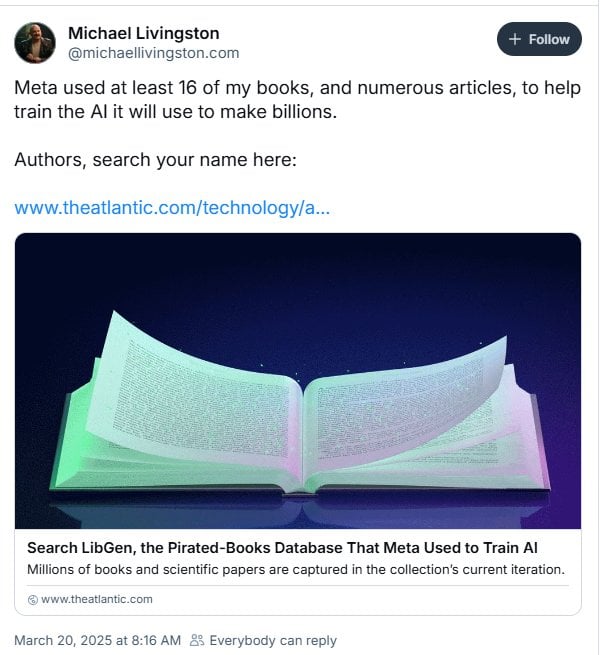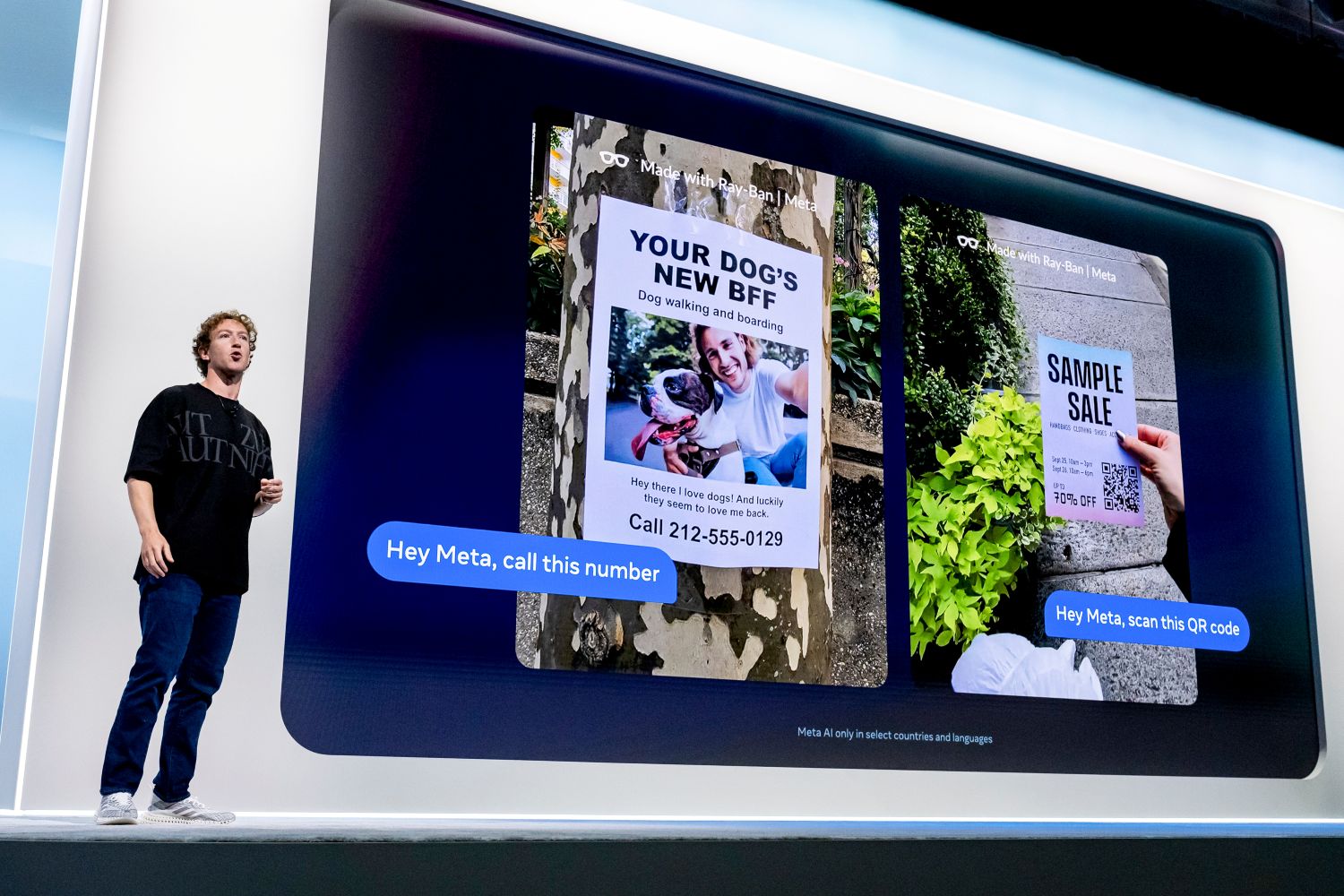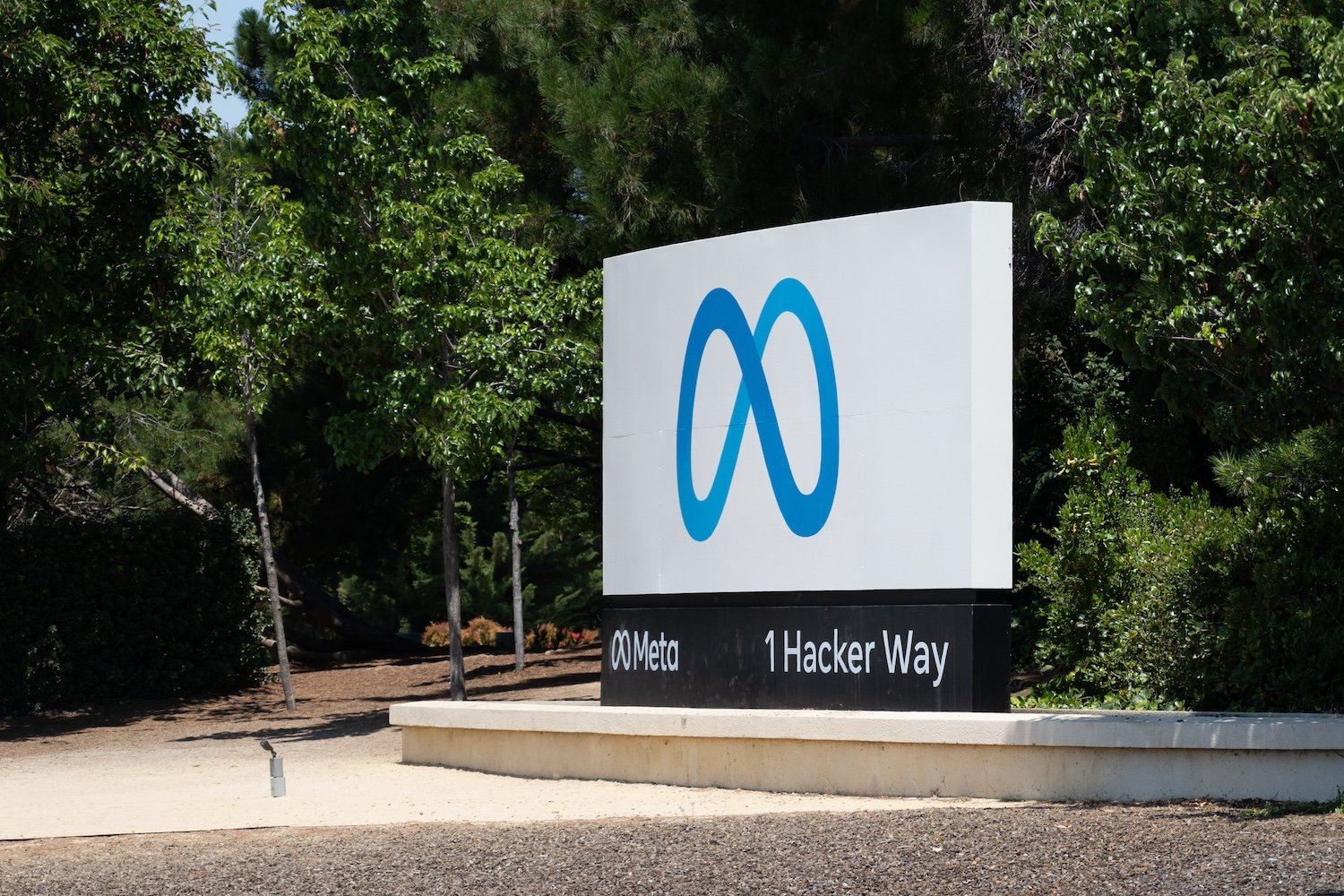The world of literature is under attack from two fronts. Tech giants are training their AI models on millions of pirated books, while the U.S. government, increasingly influenced by these same tech oligarchs, threatens to defund public libraries. This double assault spells trouble for readers and authors alike.
Recent investigations by The Atlantic have shed light on the widespread use of Library Genesis (LibGen), a massive online repository of pirated books and academic papers, for AI training. Their analysis, accompanied by a searchable database, reveals that companies like Meta, OpenAI, and Mistral have used LibGen’s resources to feed their AI models. While OpenAI claims its current models weren’t trained on these datasets, court records from a class action lawsuit against Meta reveal the company’s prioritization of pirated books over licensed content for AI training. Internal communications suggest this decision reached the highest levels of Meta, potentially involving CEO Mark Zuckerberg himself.

This blatant disregard for copyright law has sparked outrage among authors. Michael Livingston discovered 16 of his books within the dataset, while award-winning author Aliette de Bodard expressed her displeasure at finding her works on LibGen. The practice echoes a broader trend of tech companies prioritizing expediency over legal and ethical considerations in their pursuit of AI dominance.
The Irony of Tech-Driven Library Defunding
Adding insult to injury, the Trump administration is simultaneously undermining the very institutions that provide public access to literature. A recent executive order threatens to eliminate the Institute of Museum and Library Services (IMLS), the primary source of federal funding for public libraries across the U.S. This move could cripple libraries’ ability to offer essential services, including digital lending platforms like Libby and Hoopla.

The potential consequences are dire. Libraries may be forced to scale back digital services, leading to longer wait times and reduced access to ebooks and audiobooks. This is particularly ironic given the administration’s increasing reliance on AI for tasks traditionally performed by humans. While proponents argue that AI enhances efficiency, critics question its ability to replicate the complex functions of a fully staffed federal agency.
A Bleak Future for Literature?
The combined effect of these two trends paints a concerning picture for the future of literature. Tech companies, driven by a thirst for AI advancement, are exploiting copyrighted works, harming authors and undermining the creative industry. Meanwhile, government policies threaten to restrict public access to books, further exacerbating the problem. This convergence of tech-driven disruption and government austerity creates a double bind that could severely limit access to literature for everyone.
In conclusion, the current landscape presents a significant challenge to the literary world. The unchecked use of pirated works for AI training coupled with the potential defunding of public libraries creates a dangerous precedent. This situation demands urgent attention to protect the rights of authors, preserve access to literature, and ensure a vibrant future for the written word.










